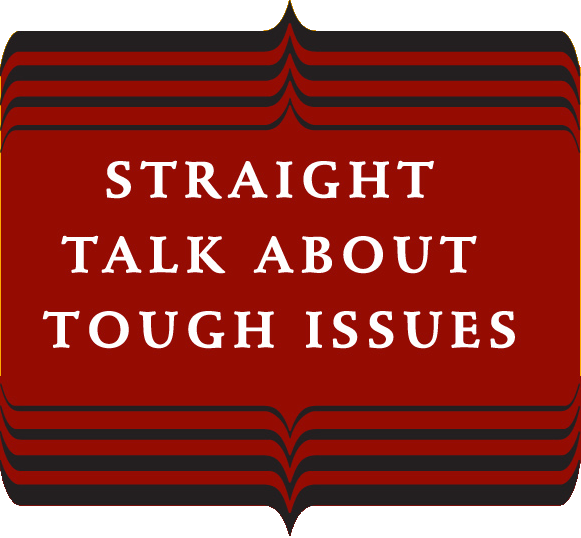If you click on a cover and make any purchase from Amazon in the same session, I receive a small commission. It’s a way for you to support my reviews (if you like them).
*****
The CEO Pay Machine: How It Trashes America and How to Stop It – Steven Clifford – 2017. New York: Blue Rider Press
Articulate and compelling, the book exposes the machinations behind board doors that drive exorbitant pay for CEOs, 300 to 700 times more than the average worker. Clifford argues passionately that this results in less investment, poorer productivity, mistrust, and contributes to pay inequality in the country. Although Clifford also recognizes the humorous parts of the problem, I have never seen a more honest disclosure of how boards operate.
The Feminine Mystique – Betty Friedan – 1963. New York: WW. Norton & Company
This dated book is still a startling reminder of the complicit indoctrination of women in the 50s, hinging on myths perpetrated by Freud and Mead. That social indoctrination dramatically lowered the average age when a woman married and increased the number of children she bore. The book made my heart ache for my mother who wanted to be an architect but instead majored in home economics, married young, and had two children before the age of 24. Betty makes the point I am ashamed to admit never occurred to me that powerful commercial interests would have been party to the pressure to keep women at home because lonely bored housewives make excellent shoppers. Friedan overreaches in the second half of the book when she blames the feminine mystique for the “rise” in homosexuality and teenage delinquency, but I appreciate her frequent reminders that a woman’s freedom is closely tied to her economic independence. That is a truth that continues to be ignored today.
Lean In: Women, Work, and the Will to Lead – Sheryl Sandberg and Nell Scovell – 2013. New York: Knopf
This very fine book grew out of Sheryl’s TED talk and other speeches written for her by Nell Scovell, ghostwriter of this book, with significant contributions by social researcher, Marianne Cooper. They have worked hard to pound out any whiff of arrogance or entitlement, and the book sounds defensive at times, which is no surprise, I guess, given the nasty welcome the book received from so many before its publication. In its attempt to be all things to all people, however, the book seems too polished (except for the section on mentoring which is surprisingly harsh), and it’s hard to determine exactly what the manifesto is. It’s not really an advice book, since the advice given is too general to be immediately useful, but more of an interesting commentary. The stories and humor are wonderful, and it’s great to have all the recent gender-related studies pulled together in one place.
No Visible Bruises: What We Don’t Know about Domestic Violence Can Kill Us – Rachel Louise Snyder – 2019. New York: Bloomsbury
This important new book opens our eyes to the extent and deadliness of domestic violence in the US, much more prevalent and terrifying than I had known, which made the book hard to put down.I was shocked by how frequently abused women predict their own deaths, the systemic failure to save them, the sheer numbers of fatalities, and how frequently mass shootings begin with the killing of a single woman. We have a problem that is not being resolved, and many women are being sacrificed while we dither. Snyder interviews the abused, the authorities, as well as the abusers, who often come across as confused and conflicted, rather than monsters. Her reports on the ordinariness of the abusers was chilling because of the obvious conclusion that they are all around us, in every office and every neighborhood. We arrive at many answers to the age-old questions about why women stay in abusive relationships or why they recant, from fear of death to financial dependence. I hope it stimulates us to action, both large and small, from intervention programs to legislation to taking a closer look at an injured colleague or friend.
The Price of Motherhood: Why the Most Important Job in the World is Still the Least Valued – Ann Crittenden [no relation] – 2001. New York: Metropolitan Books
This very important book should be mandatory reading for all young American women and should certainly be included as a safety insert in those stupid bride magazines. Ann’s analyses and conclusions are irrefutable, profound, and beautifully articulated. An astonishingly good book.
Quiet: The Power of Introverts in a World That Can’t Stop Talking – Susan Cain – 2012. New York: Crown Publishing
I’m not sure this book deserves to be on this esteemed list, BUT its message is so important that I’m going to put it front and center. It is an excellent research book about introversion and how extroversion is favored in our society to our detriment. I object to dividing people into introverts and extroverts because I find that people are much more fluid than such simple categories imply. However, Susan’s reminder that thoughtful, focused people produce great work in solitude is timely in this period where we are constantly told to self-promote and “get out there,” and all our heroes are loud mouths.
Reimagining Capitalism in a World on Fire – Rebecca Henderson – 2020. New York: PublicAffairs
Harvard economics professor Rebecca Henderson’s new book “Reimagining Capitalism in a World on Fire” outlines how capitalism has let us down in recent decades, how free markets have been thwarted, how government has been weakened and corrupted, and how Americans and our planet have suffered. Chockfull of data and evidence, the book is ultimately inspirational, pointing out where businesses and powerful people have taken steps to restore the aspects of last century’s economic system that did work well. Her message and call to action are timely and urgent.
Schoolhouse Burning: Public Education and the Assault on American Democracy – Derek W. Black – 2020. New York: PublicAffairs
Derek’s new book is a history lesson in how this nation’s founding fathers recognized that public education was critical to preserving a fragile new democracy and how education’s importance was cemented into our states’ constitutions (all 50 of them). Over 200 years later, after reconstruction, desegregation, vouchers and charter schools, unions and Betsy DeVos, it’s time to return to those original and wise ideas before it’s too late. This well-written and moving reminder is a critical piece of education at this moment in time.
Seven Habits of Highly Effective People – Stephen P. Covey – 1989. New York: Simon & Schuster
Although there’s a lot of gobbledy-gook in this classic self-help book, you can’t argue with results. Zillions of people have benefited from Stephen’s condensing his worldview into seven important guidelines that can keep you positive and focused. The slew of training material and follow on books seem overblown to me, but I think this is a valuable resource if you keep it simple.
Sex and World Peace – Valerie Hudson and Bonnie Ballif-Spanvill – 2012. New York: Columbia University
When I observe the symptoms of the War on Women, I sometimes wonder: why do they hate us? This book explains why. Articulate and unflinching in its presentation of the facts, it is a horrifying read about the plight of girls and women around the globe—their constant endangerment and fear, the vicious circle of disempowerment, and man-made rules and constraints that trap them in a less-than-human state. A 2007 report estimated that there are 163 million women who should be here: they are missing because of egregious maternal mortality rates, sex selection, abnormally high suicide rates, excess childhood mortality, and violence against women. Fascinating in its detail, the book includes maps representing multiple factors affecting women by country, from maternal death to laws about child brides. The writers then use that data to choreograph the connection between the oppression of women and violence, whether perpetrated by individual men or by the state in acts of war. Brick after brick is laid in the development of the argument that in societies in which men bond with other men against their enemies in an endless bloody quest for resources, safety, and power, when women are of low status, their best interest lies in attaching themselves to a male, the bigger and badder the better. Thus, in unequal societies, savagery and ego are rewarded by higher reproduction. In those groups, men ensure each other access to sex by mores and legislation that prioritize men’s unencumbered desires and limit women’s choices. In those cultures, arranged marriages, polygamy, trafficking, rape, and murder are all symptoms of the lethal combination of violence and misogyny.
The Soul of an Entrepreneur – David Sax – 2020. New York: PublicAffairs Hachette
In this myth-busting exploration of North American entrepreneurs, David researches immigrants whose startups in a new country offer them a new identity, lifestyle entrepreneurs who want to live life on their own terms no matter the hard work, families who struggle to carry on their business legacy, and business owners who wish to share their values with their employees and the world. He finds that entrepreneurship means different things to different people, but the iconic image of the Silicon Valley genius boy rock star is a rarity. Idolizing and funding that model are at best misleading and exploitative for aspiring business owners and at worst fundamentally destructive of our communities and economy. A must read for those interested in entrepreneurship.
Talking from 9 to 5: Women and Men at Work – Deborah Tannen – 1994. New York: HarperCollins Publishers
Another excellent book from Deborah and quite consistent with my observations of workplace communication although many of her examples are from academia. I especially appreciate her even-handed, optimistic attitude about differing communication styles. As an aside, her transcripts of workplace dialogue are eye-opening—it’s amazing how incoherent people are.
*****
Think Like a Rocket Scientist – Ozan Varol – 2020. New York: PublicAffairs Hachette
An excellent exploration of how scientists approach planning, testing, course correction, problem solving, and failure. With entertaining anecdotes and intriguing examples, Ozan points out again and again how business and the media get it wrong by black-and-white tendencies and a lack of critical thinking. An important read during this crucial time when facts and science are under conscious attack.
Where the Girls Are: Growing Up Female with the Mass Media – Susan Douglas – 1994. New York: Times Books
Since I grew up without television and have never more than glanced at a woman’s magazine, much of the book is foreign to me, but I loved reminiscing about our common bits of history—Girl Groups, Bewitched, Virginia Slims ads, and the Miss America protests in 1968. As Susan says, the media are our greatest enemies and our greatest allies. Her thoroughly enjoyable book traces the history of the representation of women in the media from the fifties to the nineties. It’s also a graceful blend of historical facts and her own personal story and evolution. The book is strengthened by her willingness to eschew dramatic theses but simply to present the contradictory images of women as saints and whores during these pre-feminist, feminist, and second wave decades and emphasize that although some things have changed, sadly much has stayed the same.
Why So Slow: The Advancement of Women – Vivian Valian – 1998. Cambridge: MIT Press
This stunningly persuasive book reports study after study showing how females are socialized differently from males in the US, starting directly out of the womb, as their mothers and fathers treat them differently, as do siblings, peers, teachers, counselors, hiring managers, academic peers, and so on. Reading this book is like being hit on the head over and over: eventually, you have to acknowledge the pain. Here’s one sad example: a teacher asked his fourth-grade class why girls and boys didn’t play soccer together at recess. The boys and many of the girls said that the girls could play but didn’t want to. But one girl who did play occasionally said: “The boys never ask us to play. Then when we do play, only boys are chosen to be captains. And girls don’t get the ball passed to them very often, and when a girl scores a goal, the boys don’t cheer.” As Vivian says, “This quote with terms suitably transposed, could describe adult professional life… when a girl scores a goal, the boys don’t cheer.”
The book is full of important findings; for example, although Title IX has increased girls’ teams and participation, women now occupy a smaller percentage of the coaching jobs for girls’ teams than before Title IX. All of the new jobs and more have gone to male coaches. And sex bias cuts both ways: another disturbing finding is that fathers, much more so than mothers, demonstrate intolerance of feminine behavior by their sons, such as, crying, playing with dolls, dressing in a skirt—acting like a girl really is unacceptable. This book explains why it is not easy for women to succeed in corporate America, for about a thousand reasons.
Women’s Work: A Reckoning with Work and Home – Megan Stack – 2019. New York: Doubleday
This book is fantastic: interesting, curious, thought-provoking, challenging. After she got pregnant, Megan quit working full-time to stay home although “home” was first in Beijing and then in Delhi. She hired nannies and housekeepers to allow her the time to write her first novel. She began thinking about their lives—they were also mothers after all; whom had they left behind to take care of her children and household? As a former journalist, she was driven to find out and to explore the unresolved issue of housework. Megan argues that in the fight for gender equality, the “bloodiest, hardest, most intractable battle” is at home, and we haven’t yet had the nerve to face it. Somehow domestic topics seem unworthy of scrutiny, but as she writes, “If serious people never wrote deeply about the household, about work and gender and money and race, we couldn’t expect things to improve.” She does that here, not with facts and figures, but with compelling personal stories about human beings. I am so proud and impressed. I could quibble with the book’s organization and some self-conscious writing, but this is an important piece of work. Everyone should read it. From now on, we must always ask ourselves, “If you are here at work, who is at home? Who is cleaning, shopping, and cooking the food? Who is running the household? Who is raising the children?” Until we recognize the economic value of women’s work and put them on the payroll, their energy, time, and lives are given essentially for free in support of men’s work.
Nonfiction reviews:

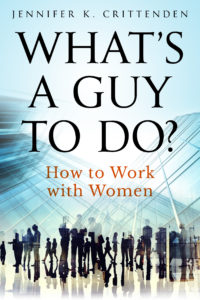

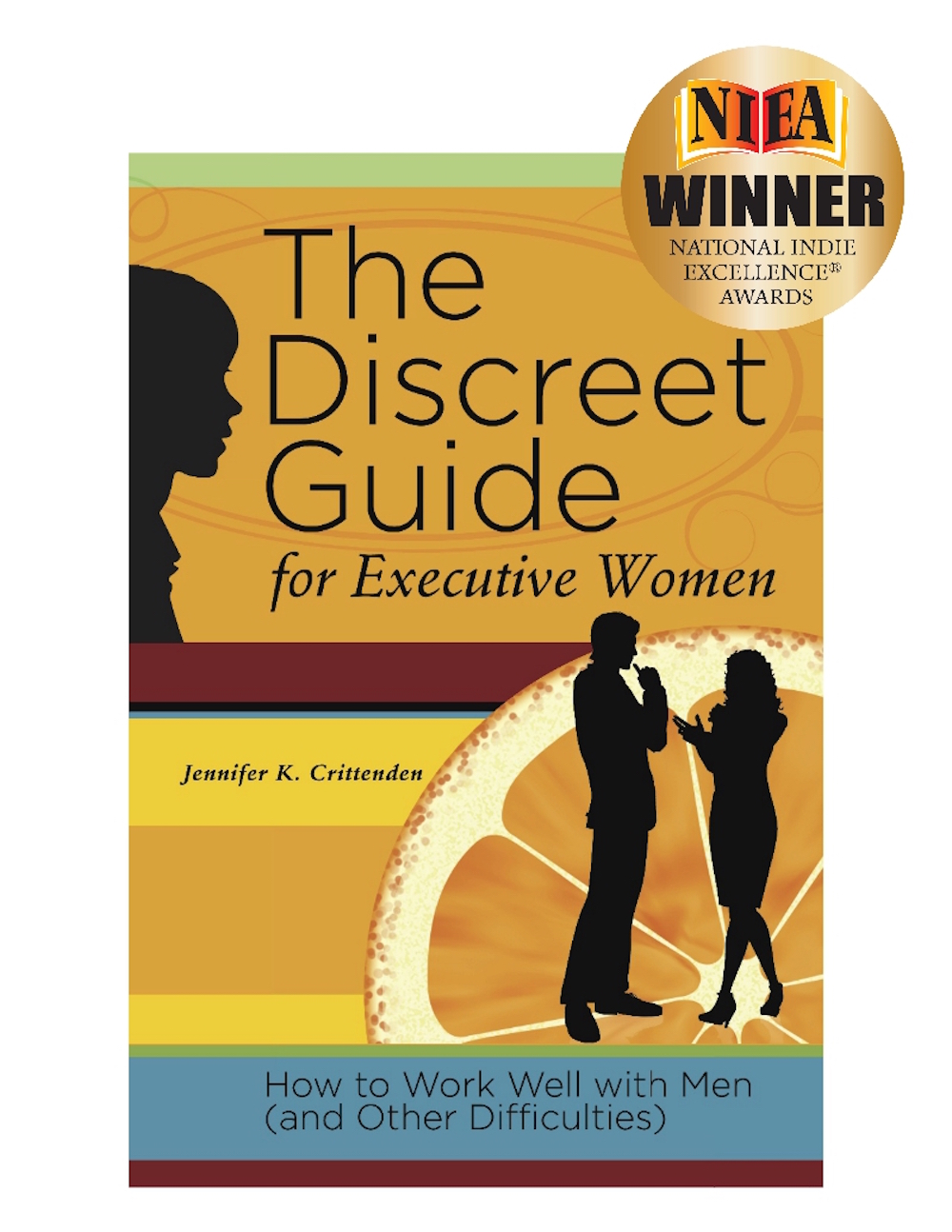
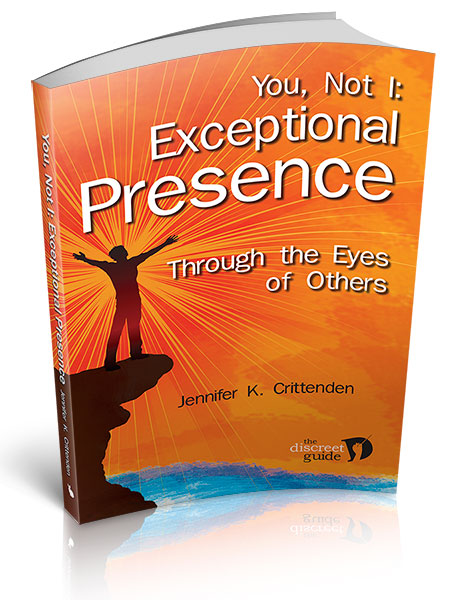
















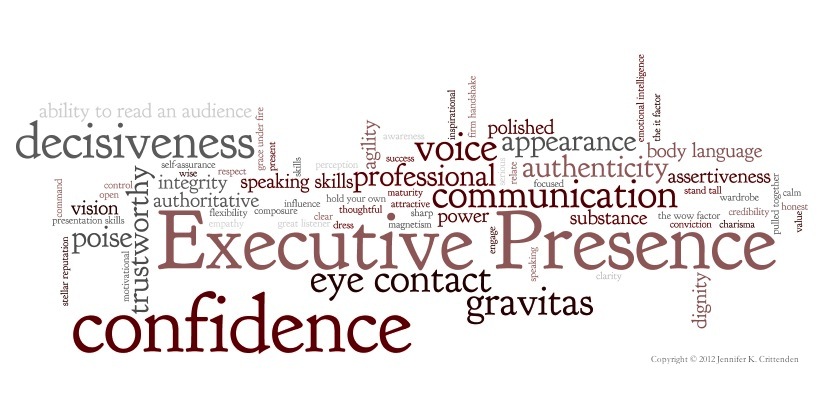 Ten 90-minute individualized sessions. Private and confidential.
Ten 90-minute individualized sessions. Private and confidential.

